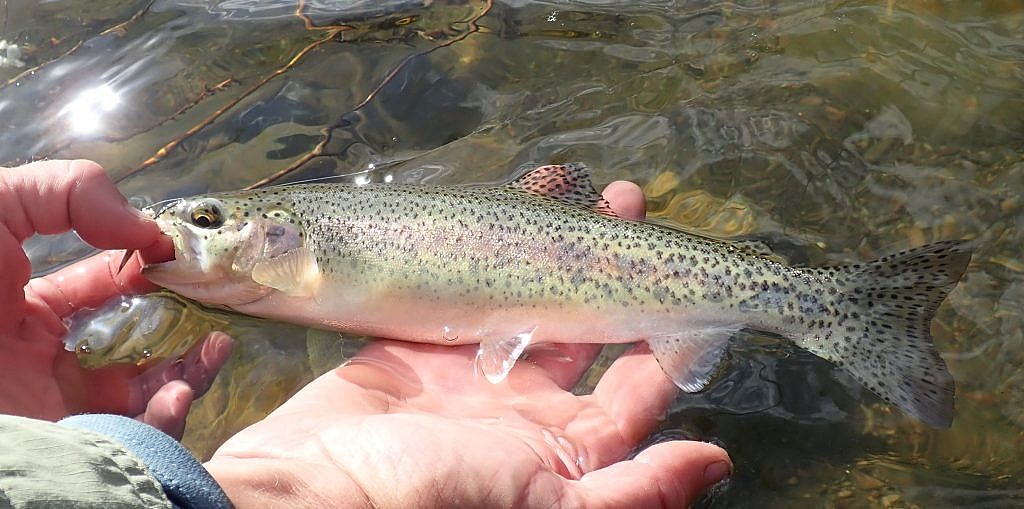
by Scott Sadil
For more than eight decades now, the significance of December 7 has been associated with the attack on Pearl Harbor. And this year we can add to its import the beginning of Hannukah, the subtext of which falls heavily today on the hearts and minds of many of us both home and abroad.
Yet for those of us who have spent our lives laying claim as home to a place called the West, and especially, perhaps, those of us who have made that claim writing stories we’ve found or experienced in our own messy lives, December 7 marks a loss we all still feel: the death in 2020 of the author and teacher, William Kittredge, and the matchless voice with which he shared his tales.
He wrote stories, essays, memoirs, and a fine novel that appeared when he was well past sixty. He and his longtime partner, Annick Smith, also edited The Last Best Place: A Montana Anthology, which brought together voices from the region’s long and complex history, while bringing attention to a wealth of new writers, many of whom began their careers under the tutelage of Kittredge himself as director of the University of Montana creative-writing program in Missoula.

But it was Kittredge’s own story— sometimes held up front and center, at other times resting, between scenes, in the wings—that captured many readers’ attention. And imagination. Born into the great myth of the West, where settlers could claim their freedom by possessing the land itself, Kittredge was raised to believe in the rightness of conquest, in ridding the territory of any and all obstacles to progress, in the gospel of authoritarian agronomy and economic development without regard to cost to the environment, to communities, to his own personal integrity.
And then he saw through the myth, the short-sighted beliefs, and discarded it all posthaste.
Because he also wanted to write. Yet what he wrote about most often, and again and again, was his love of place, the wild remote country in south-central Oregon and northern Nevada, the old ways of life there, and the powerful and damaged characters who lived and worked here in the muddled and confusing, but always heartfelt, relationships that inevitably grow at or beyond the edges of civilization.
Kittredge loved this land and the people who inhabited it during his young, formative years. And part of his appeal to readers, I think, was the recognition that this land he loved, and perhaps the people who lived there, as well, had broken his heart—or at least the heart of a young romantic, a buckaroo who believed in the righteousness of an old way of life.
